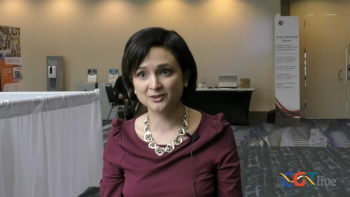
The assistant member at St. Jude Children’s Research Hospital discussed the ASH 2022 basic and translational science session she moderated.

The assistant member at St. Jude Children’s Research Hospital discussed the ASH 2022 basic and translational science session she moderated.
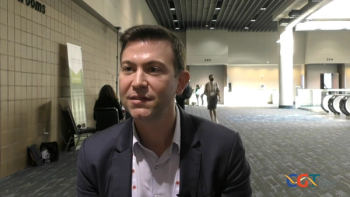
Brent Warner, president, gene therapy, Poseida Therapeutics, discussed data on the preclinical P-FVIII-101 presented at ASH 2022.
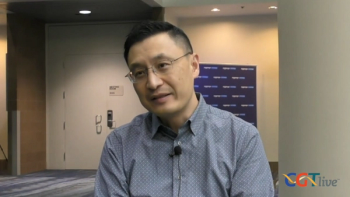
Ying Huang, chief executive officer, Legend Biotech, discussed new data from the CARTIFAN-1 and CARTITUDE-2 studies.
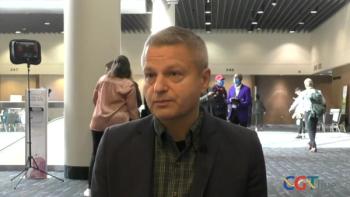
The associate professor of medicine from University of Pennsylvania discussed updated data on huCART19-IL18 presented at the ASH 2022 meeting.
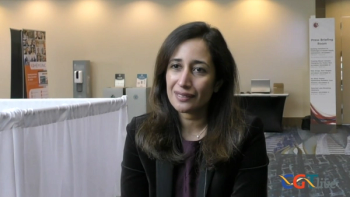
The assistant member at St. Jude Children’s Research Hospital discussed updated data from a phase 1 study being conducted at the hospital.
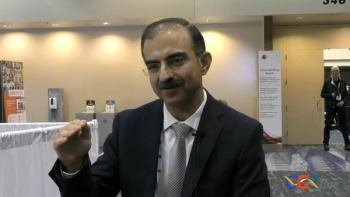
The associate professor of medicine at Siteman Cancer Center and WUSTL discussed updated data from a study of NT-I7 and tisa-cel presented at ASH 2022.
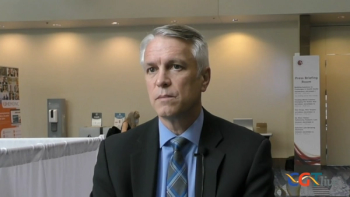
The professor of pediatric hematology/oncology at CS Mott Children’s Hospital discussed new follow-up data from the HOPE-B study presented at ASH 2022.
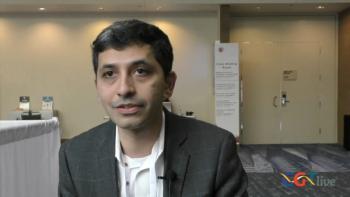
The associate attending physician at Memorial Sloan Kettering Cancer Center discussed updated data presented at the ASH 2022 meeting.
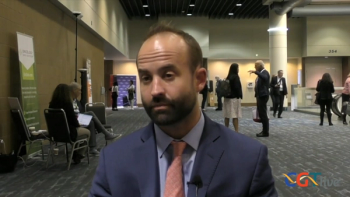
The assistant member of the department of malignant hematology at Moffitt Cancer Center discussed unmet needs in acute myeloid leukemia and how UCART123v1.2 may address these.
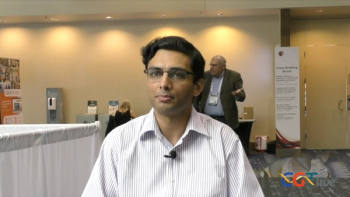
The assistant member of the bone marrow transplant department at St. Jude Children’s Research Hospital discussed new data from a phase 1/2 trial presented at ASH 2022.
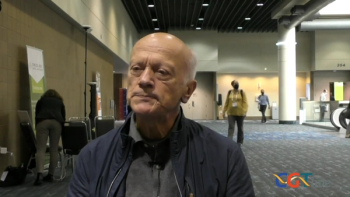
The professor at University Hospital Dresden discussed data presented at the 2022 ASH meeting.
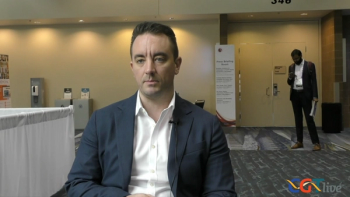
The study's primary investigator shared his thoughts on where CART-ddBCMA could fit within the treatment landscape.
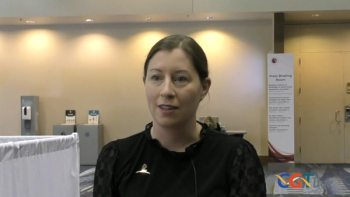
The assistant member of the bone marrow transplant department at St. Jude Children’s Research Hospital discussed the session she moderated at the ASH 2022 annual meeting.
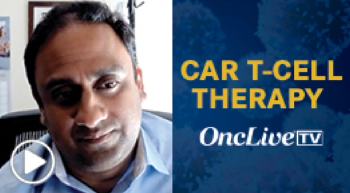
The associate professor from the Medical College of Wisconsin discussed how to address unmet needs with CAR T-cell therapies.
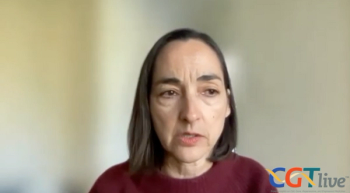
The chief medical officer of Forge Biologics discussed the potential advantages of the investigational combination therapy approach.
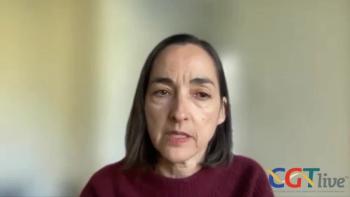
The chief medical officer of Forge Biologics discussed clinical data presented at ESGCT.
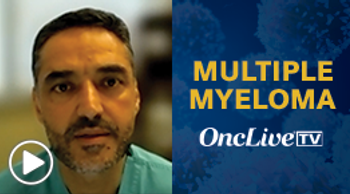
Shebli Atrash, MD, discussed the current landscape of available BCMA-directed therapies for treating multiple myeloma.
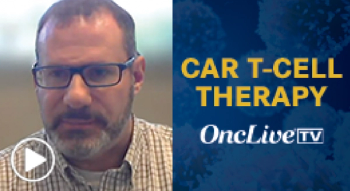
Paul discussed common symptoms and typical treatments for the 2 adverse events.
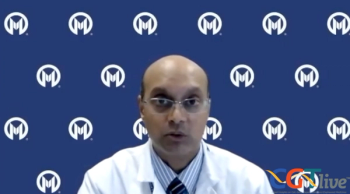
Sarnaik discussed several potential areas of innovation on the horizon.

Thomas Willemsen, president and chief executive officer, Tessa Therapeutics, discussed the company’s technologies and 2023 milestones.
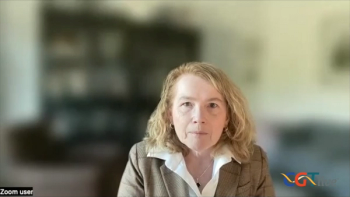
The director of the CCU/ICU at Saint John’s Health Center discussed unmet respiratory treatment needs in the beginning of the COVID-19 pandemic.
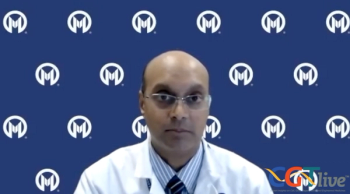
Sarnaik discussed the investigational TIL therapy’s potential as an additional option for patients.
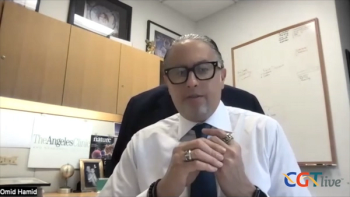
The chief of research and immunotherapy at Cedars-Sinai The Angeles Clinic and Research Institute discussed updated data from the phase 2 C-144-01 study of the lifileucel TIL therapy.
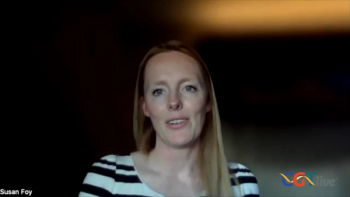
The CRIPSR-edited neoantigen-specific T cell therapy demonstrated safety and feasibility in the first-in-human PACT-0101 study presented at SITC 2022.
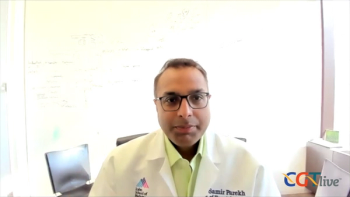
The director of translational research in myeloma at the Tisch Cancer Institute discussed the relevance of the new research as more CAR T therapies come to market.
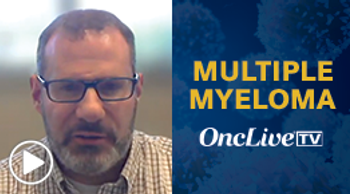
The assistant professor of Hematologic Oncology and Blood Disorders at Atrium Health discussed integrating CAR T therapy into treatment paradigms.
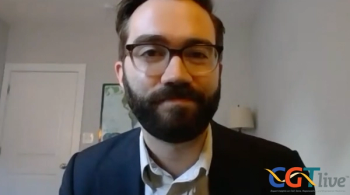
The vice president of Public Policy & Advocacy of the Muscular Dystrophy Association discussed the organization’s work with regulatory members to advance gene therapies towards review and approval.
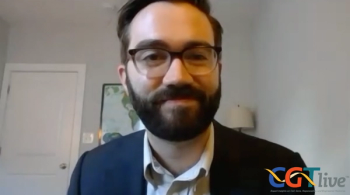
The vice president of Public Policy & Advocacy of the Muscular Dystrophy Association discussed the organization’s goals and strategies in educating regulatory decision-makers.
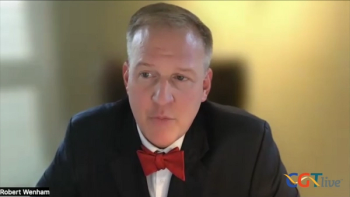
The chair of gynecologic oncology at Moffitt Cancer Center discussed advantages of targeting follicle stimulating hormone receptor with cell therapy for ovarian cancer.
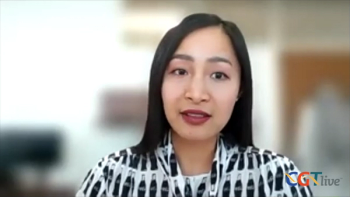
The medical oncologists at Washington University School of Medicine in St. Louis discussed surprising findings from their retrospective study.